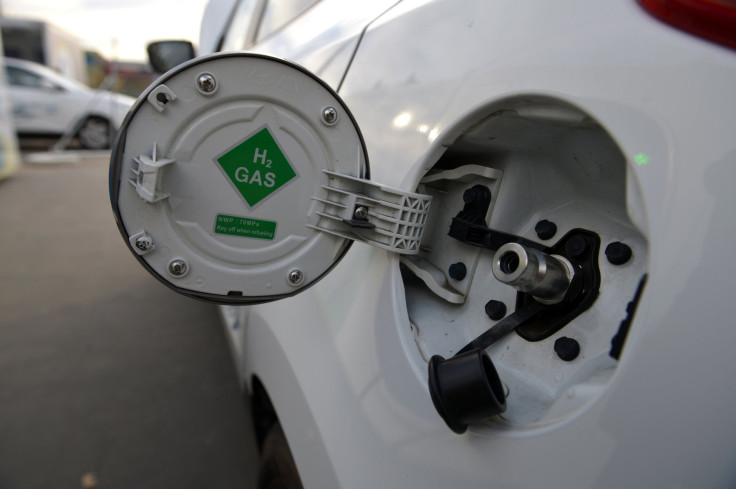South Korea Announces Plan To Boost Clean Car Technologies By 2020

South Korea’s latest push to clean up the cars on its streets is a boost to the country’s automakers, which are facing increasing scrutiny over tailpipe emissions. The South Korean government Tuesday said it will spend 150 billion won ($127 million) over the next five years to help improve locally produced electric vehicles and hydrogen fuel-cell technologies.
The investment is part of South Korea’s broader goal to ensure that a range of low- to zero-emissions vehicles account for 20 percent of all new cars sold in the country by 2020, the Wall Street Journal reported. Greener cars today account for only 2 percent of new-car sales, according to the Ministry of Trade, Industry and Energy.
Hyundai Motor Co., the world’s fifth-largest automaker when combined with sister company Kia Motors Corp., has lagged its global competitors in the alternative vehicles space. As the world shifts toward more efficient, less fuel-intensive cars, the duo saw its carbon dioxide emissions rise in 2014 compared with the previous year, the Journal noted. The trend raises concerns that the Korean car companies may struggle to meet stiff regulatory targets -- particularly those in Europe -- in the coming years.
Hyundai and Kia have pledged to step up their clean car offerings, as much to meet tightening climate change rules as to elevate their position in the green car market, which is dominated by Japanese automakers such as Toyota Motor Corp. The duo this year announced 11.3 trillion won ($9.6 billion) of investment in low-emission vehicles through 2018, while Hyundai plans to triple its number of fuel-efficient cars to 22 over the next five years.
Along with vehicle investments, the Korean government also proposed Tuesday to install 1,400 public charging stations for electric vehicles and 80 similar facilities for fuel-cell cars by the end of the decade.
Worldwide, the electric vehicle market is projected to nearly triple by 2020 to $12.4 billion, up from $4.3 billion in 2014, according to analysts at investment bank Barclays.
Still, the growth in greener cars may do little overall to reduce carbon dioxide emissions from the global transportation sector, barring a revolution in motor fuels. Auto experts expect the number of vehicles on the world’s roads will double to more than 2 billion by 2030 -- with the majority of those additional cars sporting gas- or diesel-fueled combustion engines, the New York Times reported this week.
© Copyright IBTimes 2024. All rights reserved.





















